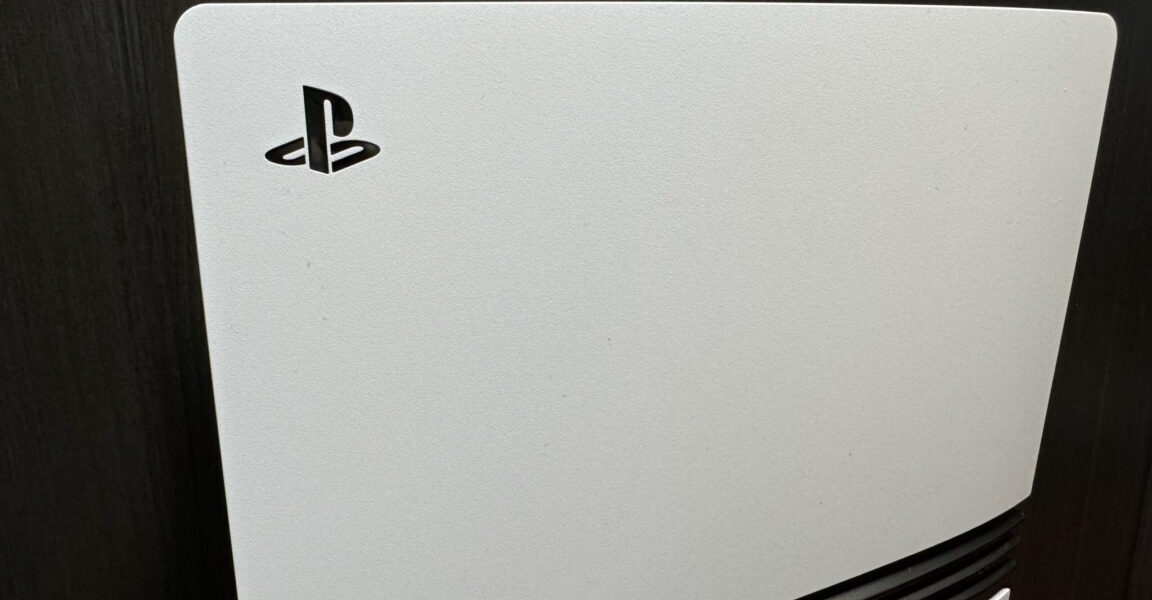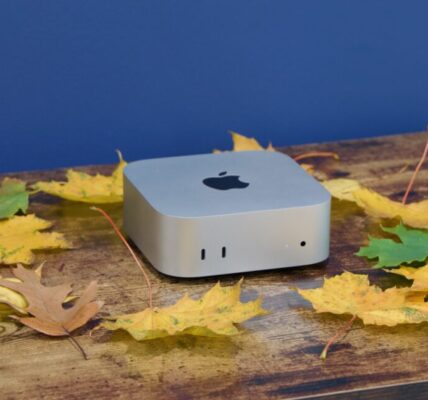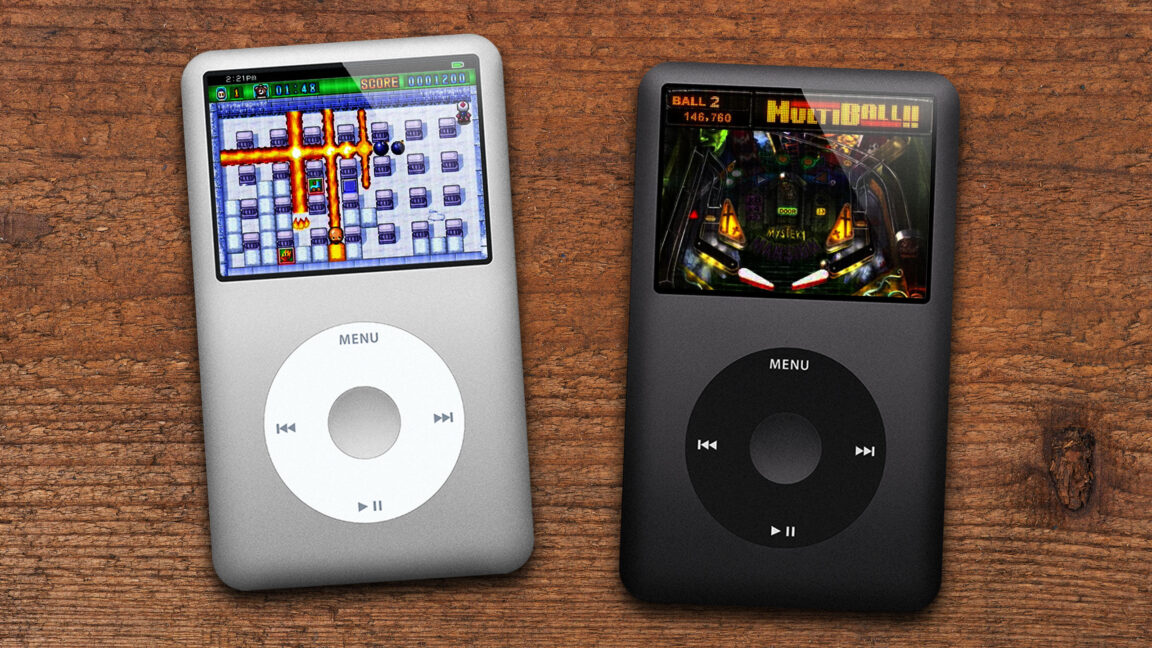In many ways, the timing of Sony’s 2016 launch of the PS4 Pro couldn’t have been better. The slightly upgraded version of 2013’s PlayStation 4 came at a time when a wave of 4K TVs was just beginning to crest in the form of tens of millions of annual sales in the US.
Purchasing Sony’s first-ever “mid-generation” console upgrade in 2016 didn’t give original PS4 owners access to any new games, a fact that contributed to us calling the PS4 Pro “a questionable value proposition” when it launched. Still, many graphics-conscious console gamers were looking for an excuse to use the extra pixels and HDR colors on their new 4K TVs, and spending hundreds of dollars on a stopgap console years before the PS5 served that purpose well enough.
Fast-forward to today and the PS5 Pro faces an even weaker value proposition. The PS5, after all, has proven more than capable of creating excellent-looking games that take full advantage of the 4K TVs that are now practically standard in American homes. With 8K TVs still an extremely small market niche, there isn’t anything akin to what Sony’s Mike Somerset called “the most significant picture-quality increase probably since black and white went to color” when talking about 4K TV in 2016.
Kyle Orland
Front view of the PS5 Pro. Note the complete lack of a built-in disc drive on the only model available.
Kyle Orland
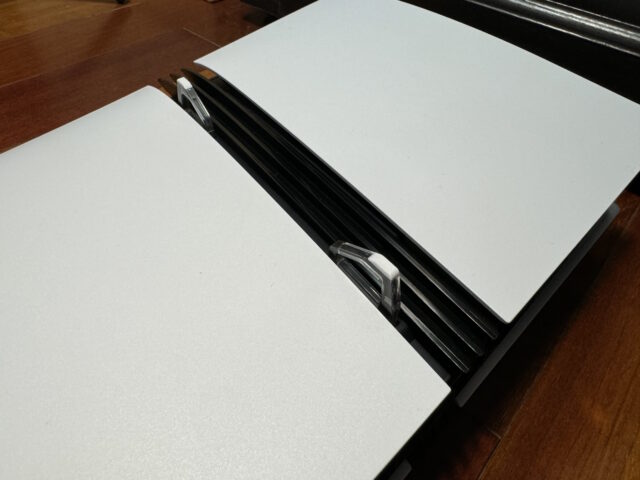
Kyle Orland
The console comes with these two cheap plastic “feet” to stabilize it when laid horizontally.
Kyle Orland
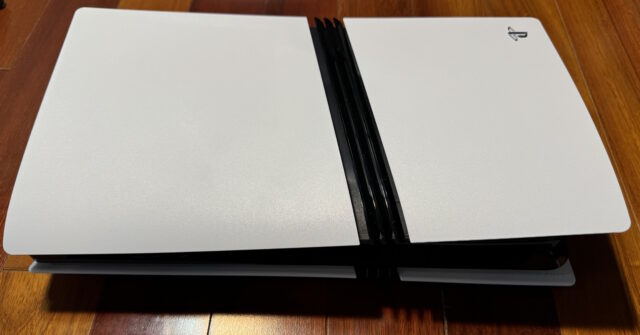
Kyle Orland
The overhead view shows off the console’s accordion-style racing stripe.
Kyle Orland
The console comes with these two cheap plastic “feet” to stabilize it when laid horizontally.
Kyle Orland
The overhead view shows off the console’s accordion-style racing stripe.
Kyle Orland
Instead, Sony says that spending $700 on a PS5 Pro has a decidedly more marginal impact—namely, helping current PS5 gamers avoid having to choose between the smooth, 60 fps visuals of “Performance” mode and the resolution-maximizing, graphical effects-laden “Fidelity” mode in many games. The extra power of the PS5 Pro, Sony says, will let you have the best of both worlds: full 4K, ray-traced graphics and 60 fps at the same time.
While there’s nothing precisely wrong with this value proposition, there’s a severe case of diminishing returns that comes into play here. The graphical improvements between a “Performance mode” PS5 game and a “Performance Pro mode” PS5 game are small enough, in fact, that I often found it hard to reliably tell at a glance which was which.
